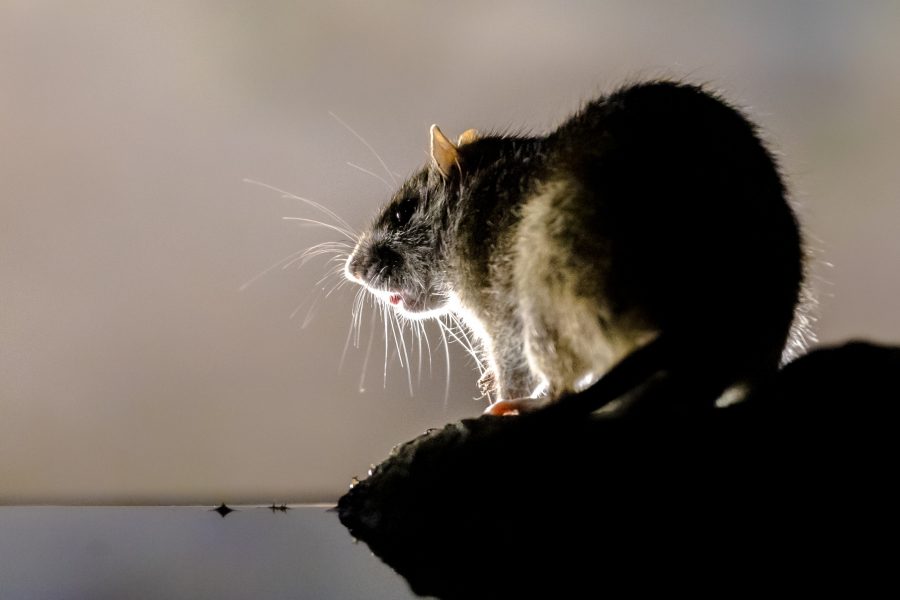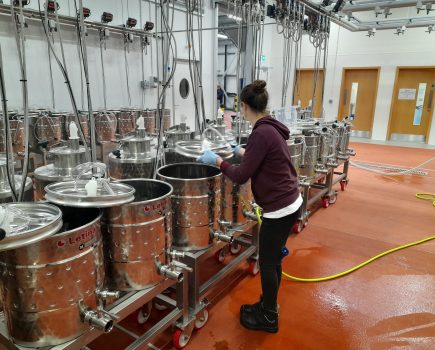Farmers and pest professionals working together can help limit ‘super rat’ populations, a national trade body has said.
Experts at British Pest Control Association (BPCA) are urging farmers to consider bringing in pest professionals to help prevent the spread of rodenticide resistance among rat populations.
The call follows a recent survey by BASF, which revealed 88% of farmers don’t check levels of resistance to rodenticides in their area before use.
Dee Ward-Thompson, Head of Technical at BPCA said: “Farmers who use rodenticides without checking resistance levels in their area may be inadvertently contributing to the spread of so-called ‘super rats.’
“This means they will be unsuccessful in dealing with the issue on their farm and risk the problem spreading to their neighbours and beyond.”
Farmers that continue to use traditional rodenticides in areas of high resistance will eliminate rats with no resistance while allowing those with resistance – the ‘super rats’ – to continue to breed and expand their population unchecked.
Ms Ward-Thompson added: “BPCA member companies have access to a wide range of products and techniques that are not available to members of the public and are best placed to work with farmers to tackle an infestation.
“We encourage farmers to consider pest professionals in a similar way to agronomists, in that they are brought in to manage risk and protect profits.
“Farmers who establish a regular pest control maintenance contract with a pest professional such as a BPCA member can mitigate risk from multiple pests under one contract.”
A BPCA member company will have the technical knowledge and experience to apply products in an efficient manner while minimising risk to the environment and non-target species.
BPCA members:
- Carry the correct insurances
- Are trained and qualified technicians
- Are assessed to the British Standard in pest management EN 16636
- Follow BPCA’s Codes of Best Practice.
To find a BPCA member visit: bpca.org.uk/find.







